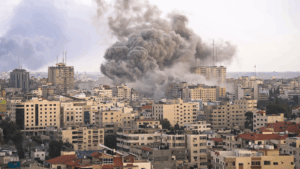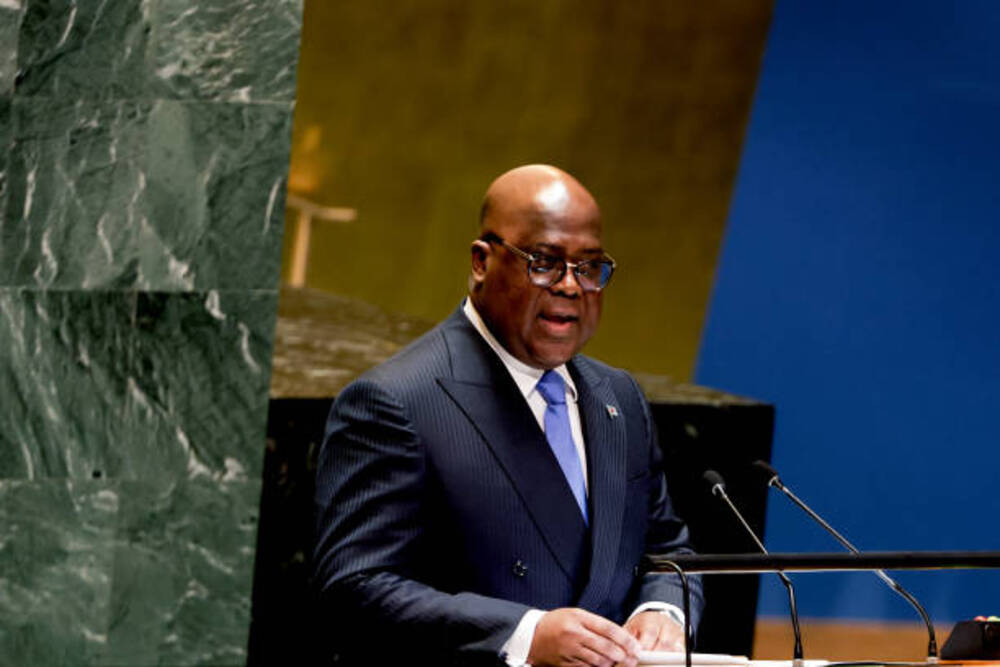The Kulunas: roots of a violent subculture
The rise of kuluna gangs is closely linked to deep-rooted socio-economic challenges in the DRC, including widespread poverty, unemployment, and limited access to education. In the absence of social safety nets or opportunities, many young people in densely populated cities like Kinshasa turn to organized crime. Kuluna activities range from violent muggings to public assaults, creating a climate of fear that grips entire neighborhoods.
One particularly horrifying incident involved two nurses who were attacked by kulunas while at work. In this tragic event, the nurses were raped in front of their patients. This highlights the extreme brutality of these gangs and the vulnerability of civilians. Such incidents underscore the urgent need for both justice and prevention measures.
Operation « Ndobo » and the mass arrests
In response to the growing threat posed by kuluna gangs, the Congolese government launched Operation « Ndobo« (Operation « Hook »). This large-scale security operation aimed to arrest known kulunas, dismantle their networks, and restore safety in urban areas. The operation led to the arrest of over 300 suspected kulunas, marking one of the largest crackdowns in recent history. These arrests were followed by swift and severe judicial action. Of the 300 detained, 127 were sentenced to death for crimes including murder, rape, and armed robbery. This mass sentencing represents the government’s zero-tolerance policy towards violent crime but has sparked outrage among human rights organizations.
Amnesty International’s response
The international community, led by organizations such as Amnesty International, has condemned the death sentences handed down to the kulunas. Amnesty International has urged the DRC authorities to halt any plans for mass executions. They argued that the death penalty is a violation of fundamental human rights. The organization also called for a shift towards rehabilitation and long-term solutions to prevent young people from joining such gangs.
A high-security prison and the problem of recidivism
To contain the threat posed by kulunas, the government has established a high-security prison in the northwest of the country, far from Kinshasa. This facility is specifically designed to hold kulunas, isolating them from the urban centers where they wreak havoc. However, recidivism remains a significant challenge, as many kulunas continue their criminal activities upon release.
A critical crossroads
The DRC faces a daunting challenge in addressing the menace of the kulunas. While decisive action like Operation « Ndobo » sends a clear message of intolerance for criminality, it also raises ethical and practical concerns about the effectiveness of extreme punitive measures. Balancing justice, human rights, and the socio-economic factors fueling gang violence will be essential in forging a sustainable solution.
The plight of the two nurses and the broader suffering caused by kulunas underscore the urgency of this issue. As the DRC navigates this complex landscape, the world watches to see whether its approach will pave the way for long-term peace or exacerbate the cycle of violence and despair.










